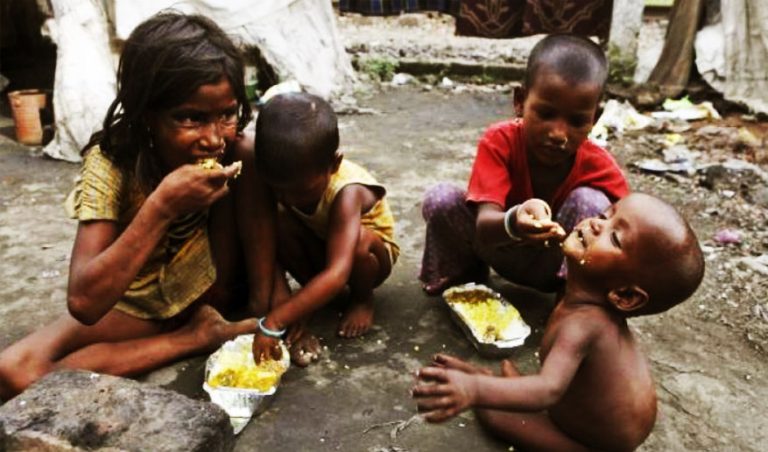- secretary@shrinareshrautfoundation.com
- +91 952 733 5912
Donation for BPL Children
₹0 of ₹12,550 raised
The dictionary meaning of charity is voluntary giving of help, including financial assistance, to those who are under BPL (Below Poverty Line) and less underprivileged in India. Even in 2019, there are so many people in the world who are less fortunate and lack the necessary means to live a decent life. Helping such people is considered a noble cause. It is something imperative that people with means should practice philanthropy in some way or the other. While donating to a cause definitely helps the recipient, it also impacts the donor in several positive ways. It brings in a sense of psychological, emotional and even spiritual well-bring and satisfaction. Seeing your contribution bring about a change in a poor person’s life also bring in motivation and a sense of purpose in life. It helps you to connect with other like-minded people who are philanthropic in nature and not to forget, donation and tax benefits go hand-in-hand.
Despite rapid progress in the last seven decades, the “Indian Growth Story” continues to exclude the most marginalised and backward people. The benefits of economic growth have not reached everyone in our society. Issues like illiteracy, lack of healthcare, poor infrastructure, discrimination, malnutrition, poor sanitation and cleanliness levels, hunger, child labour, etc. continue to plague the Indian society. While the government executes several on-ground schemes to improve the lives of poor, given the wide demographic and geographic expanse of the country, there are millions who are still deprived of the benefits of such schemes. In such a scenario, the role of civil society organizations becomes all the more important. NGOs work on the ground and go right in the middle of the disadvantaged communities to improve their lives. Their work ranges from providing direct benefits to the needy to raising their voice at appropriate forums and ensuring that they (the needy) get their right to live a decent life.

